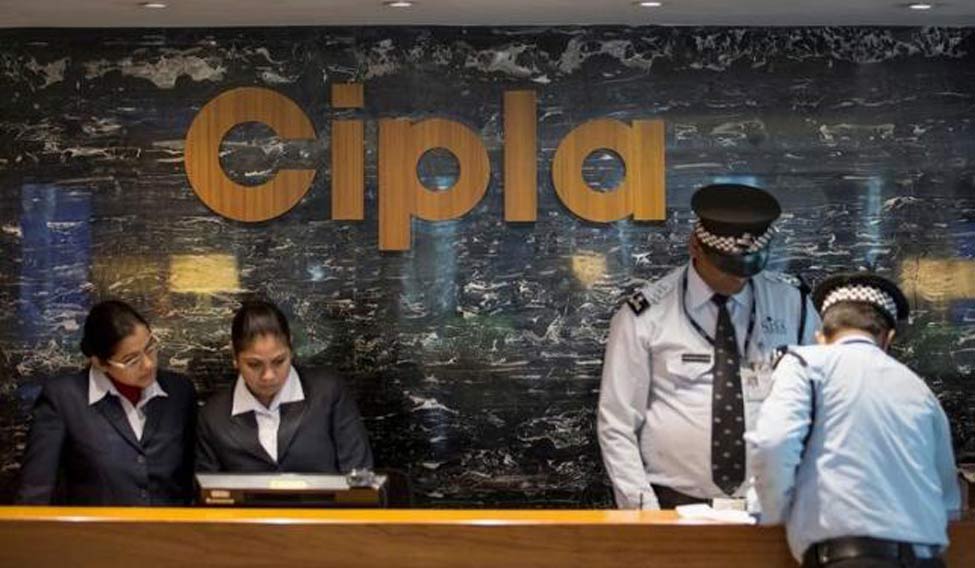While much of India was busy cheering its two Olympic medallists last week, two Indian corporations quietly earned their own share of global glory. Fortune magazine's 'Change the World' 50-item list, which "recognizes companies that have had a positive social impact through activities that are part of their core business strategy", this year included 80-year-old pharmaceutical major Cipla at the the 46th position and the 119-year-old Godrej group at the 48th.
The list was topped by British pharma giant GlaxoSmithKline, followed by Israeli water desalination company IDE Technologies at the second spot and US-based industrial behemoth General Electric at the third.
The recognition for Cipla came as a nod to its strategy to make "affordability and global accessibility to medicines the cornerstone of its business plan, reflecting the company's vision: 'None shall be denied'," according to Fortune's website. Indeed, this core philosophy of the company goes back a long time—to 1939, to be precise.
Cipla was barely four years old and the Second World War had begun. Medicines from Europe were not reaching India. Mahatma Gandhi met Cipla's founder, K.A. Hamied, and asked the company to produce medicines for the Indo-British war effort, as Britain had promised India independence in return for support, writes a spokesperson for the company in an email. "Cipla pitched in, Britain and her Allies won their war, and India her independence in 1947."
Of all the interventions it has made in the interest of making quality drugs available to all, sometimes taking on multinationals much larger than itself, the company is proudest of the anti-AIDS cocktail it came up with 15 years ago. "But the drugs available at that time—Nevirapine, Didanosine and Zidovudine, taken individually—came at prices adding up to more than $12,000 per patient per year. The affected had absolutely no chance of survival as the drugs were out of reach of the common man," the spokesperson writes.
"On 6th February 2001, Cipla broke the barrier by making HIV drugs available at affordable prices. Cipla offered the triple ARV cocktail to the world for $350 per patient per year—a little less than a dollar a day." Today, one in three people living with HIV in the world are taking a Cipla drug for treatment.
The other Mumbai institution which made it to the list found acknowledgement for its commitment to eco-friendly products, renewable energy and skills training for youth from marginalised communities. But, the innovation which Fortune thought was the conglomerate's "most important innovation" is its paper-based mosquito repelling product, known as Good Knight Fast Card, which could be bought for a rupee.
"Our idea was to launch a product that would break the price barrier, work instantly and not require electricity," writes Nisaba Godrej, executive director at Godrej Consumer Products Ltd., in an email. "We leveraged the idea of this format from our Indonesia business and substantially modified the product for the Indian market."
She says the repellant became a 100-crore-rupee brand in less than a year and the company is looking to develop similar quality solutions at affordable prices across other emerging markets.
How easy or difficult is it to balance the seemingly contradictory goals of maximising shareholder value (read profits) and being ecologically and socially responsible?
Cipla, whose very core values are about leaving out none, says that both are equally important and it strives to meet both ends. Godrej, on its part, says that the group follows the 'shared value' approach to business growth and innovation formulated by Michael Porter of the Harvard Business School and Mark Kramer of social impact consulting firm FSG. "Shared value is different from social responsibility or philanthropy. It makes social progress a core part of the strategy and not just a peripheral consideration. The idea is to intertwine business success with social progress and find ways to create economic value such that it also creates value for society," says Godrej. Here's hoping more companies in India move to these and other models and, also, to next year's list.




